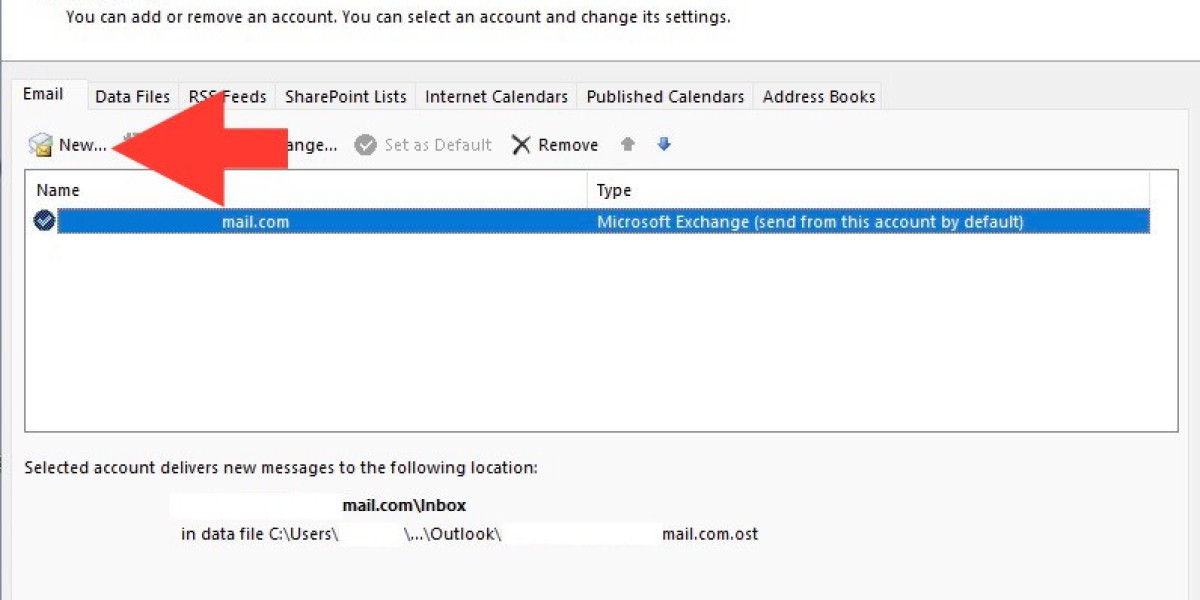The official mortgage is a contract whereby the financial institution gets a residential or commercial property devoted to the fulfillment of his or her debt in kind, where she or he may use to normal creditors and the following creditors in order to get the right of the rate of that residential or commercial property in any hand.
The home mortgage is a contract concluded in between the mortgagor and the mortgagee financial institution which approves the mortgagee right in rem in the residential or commercial property, with all benefits and genuine security over the home loan item. Additionally, the mortgagor has the right to follow the mortgaged residential or commercial property if it is transferred to a third celebration. The mortgagor maintains ownership and possession of the mortgaged residential or commercial property but is limited in their disposal rights to guarantee the mortgagee's interests are safeguarded.

The distinction in between the official home mortgage and the possessory home loan
The official mortgage is developed through a main contract, that must be notarized in a notary public workplace.

While the right of possessory mortgage is produced through unofficial agreement. Whereas the ownership and ownership of the mortgaged residential or commercial property in the main home mortgage right remains in the hand of the owner (debtor), and the ownership in the possessory home loan is moved to the financial institution.
The official home mortgage is limited to realty, while the possessory home loan can cover both properties and movable residential or commercial properties.
The responsibilities of the mortgagor and the mortgagee creditor in the main home mortgage
The Egyptian Civil Law No. 131 of 1948 and its changes manage the commitments of the mortgagor and mortgagee in Chapter Two as follows:
The Mortgager's commitments:
The mortgagor is obliged to deliver the mortgaged residential or commercial property to the financial institution or to a designated agent picked by both Parties in the contract.
The legal requirement for a seller to deliver a sold product will be used to the mortgagor's responsibility to deliver the mortgage product to the mortgagee.
If the mortgaged residential or commercial property is gone back to the mortgager's possession, the home mortgage shall be ended, unless the mortgagee proves that the residential or commercial property has actually been returned for a factor not intended to end the home loan.
The mortgagor ensures the integrity and enforceability of the home loan, and the mortgagor will not take any action that lessens the value of the home mortgage or impedes the lender's exercise of his rights under the agreement. In case of urgency, the mortgagee creditor may take all essential steps at the mortgager's cost, to protect the home mortgage item. The mortgagor shall be liable for the loss or damage of the home mortgage product if such loss or damage is because of his fault or occurs from force majeure act.
The arrangements of Articles No. 1048 and No. 1049 relating to the loss or damage of the mortgaged residential or commercial property under an official mortgage, and the transfer of the financial institution's right from the home loan item to any substituted rights shall apply to the possessory home mortgage.

The Mortgagee's responsibility:
Upon receiving the mortgaged residential or commercial property, the mortgagee is obligated to work out the very same level of care and upkeep in its preservation as would a sensible individual. and he is responsible for the loss or damage of the home mortgage product unless it is shown that such loss or damage was caused by an external factor beyond his control.
The mortgagee is not permitted to obtain any advantage from the mortgage product without settlement, he should invest it fully unless otherwise concurred Any net profits or advantage derived by the lender from making use of the mortgage item will be subtracted from the amount secured by the mortgage, even if the due date has actually not yet come, provided that the reduction will be made from the cost of preserving and repairing the residential or commercial property and its repair work, then from expenditures and interest, and then from the principal of the debt.
If the mortgage item produces income and the parties agree that all or part of the revenue will be used to balance out the interest, in, this contract shall be legitimate within the maximum limitations of legally allowable contractual interest.
The mortgagee shall presume the management of the mortgaged residential or commercial property, and he must work out because the care of a sensible individual. The mortgagee can not customize the mortgage product's use without the mortgager's approval. He must immediately notify the mortgagor of any matter needing his intervention.
If the mortgagee abuses this right, mis-manages the residential or commercial property, or dedicates gross neglect, the mortgagor deserves to demand that the item be positioned under custody or to recover it upon payment of the exceptional financial obligation. if the amount protected by the home loan does not bear interest and has not yet become due, the mortgagee is entitled just to remaining amount after deducting the value of interest determined at the legal rate for the duration in between the day of payment and the due date of the financial obligation.
The mortgagee shall return the mortgaged product to the mortgagor after the mortgagor has actually completely released their responsibility including all expenses and payment associated to the right.
Effects of the main mortgage in the Egyptian law
The result of the mortgage between the contracting celebrations:
Firstly: The mortgager:
The mortgagor might deal with the mortgaged residential or commercial property as long as such actions do not impair the mortgagee's right.
The mortgagor maintains the right to handle the mortgaged residential or commercial property and to collect its returns and leases granted by the mortgagor are not enforceable versus the mortgagee unless it was notarized before the registration of the expropriation notification.
However, if the lease was not notarized in this method, or it was concluded after notarizing the notification and the lease was not paid beforehand, so it will not work unless it can be considered part of the good management work. If the lease term prior to notarizing the home mortgage notice goes beyond 9 years, it will not be efficient versus the mortgagee financial institution other than for a duration of nine years just unless it was registered before the home mortgage was registered.
The mortgagor is responsible for guaranteeing the safety of the home loan residential or commercial property. The mortgagee lender has the right to challenge any actions or negligence by the mortgagor that might significantly lessen the worth or safety of the residential or commercial property, and in urgent cases the mortgagee may take necessary protective measures and look for repayment from the mortgagor, from any expenses incurred.

If the mortgagor negligently causes the damage or damage of the mortgaged residential or commercial property, the mortgagee lender has the alternative to require appropriate insurance coverage to cover the loss or to right away collect the full impressive debt.
When the damage or damage to the mortgaged residential or commercial property is brought on by an external element and the mortgagee contradicts the debt without insurance coverage, the mortgagor has the choice to supply adequate insurance or pay off the financial obligation right away before the due date. If the financial obligation has no interest, the mortgagee is just entitled to the primary quantity without legal interest for the duration in between the real payment date and the initial due date.
Secondly: The mortgagee lender:
A third-party mortgagor's personal properties are exempt from seizure for the debtor's financial obligation. The mortgagor can not replace payments for the debtor unless agreed upon.
Upon informing the debtor of the arrearage, the mortgagee has the right to foreclose on the mortgaged residential or commercial property and demands its sale in accordance with the treatments and timelines stipulated in code of Civil Procedures. If the mortgagor is a third party other than the debtor, he can prevent any foreclosure proceedings by willingly giving up the mortgaged residential or commercial property according to the treatments and rules governing residential or commercial property surrender.

Any contract that approves the mortgagee the right to take ownership of the mortgaged residential or commercial property at a fixed price upon financial obligation default or to offer it without following the legally mandated procedures is void, even if entered into after the home loan arrangement. However, after the debt or a portion of it has actually matured, the debtor and mortgagee can concur that the debtor will transfer the mortgaged residential or commercial property to the mortgagee in fulfillment of his debt.
The main home loan and its impact to the third celebration:
An official mortgage is just enforceable versus third parties if the home mortgage contract or judgment establishing the mortgage is signed up before the 3rd party obtains a right in rapid eye movement in the residential or commercial property. This lacks bias to the provisions of insolvency laws.
Additionally, 3rd parties can not assert claims based upon an unregistered secured right, the replacement of one creditor for another in this right, or the assignment of registration top priority to another lender unless such actions are noted in the margin of the original registration.
The procedures for registration, renewal, cancellation, and cancellation an official home mortgage, along with the impacts thereof, are governed by the arrangements of the Real Estate Registration Law. The costs of registration, renewal, and cancellation of a main home loan are borne by the mortgagor unless otherwise concurred upon.
The termination of the official home loan:

A main mortgage ends upon the satisfaction of the protected debt or the nullification of the underlying cause for the debt. However, any authentic rights gotten by third parties throughout the duration in between the home loan's expiration and its possible reinstatement stay untouched.
If foreclosure procedures are finished, the main home mortgage is definitively snuffed out, even if the residential or commercial property ownership modifications hands. When the mortgaged residential or commercial property is sold through a forced auction, the mortgage rights end upon the deposit of the auction continues or their payment to eligible authorized creditors.


